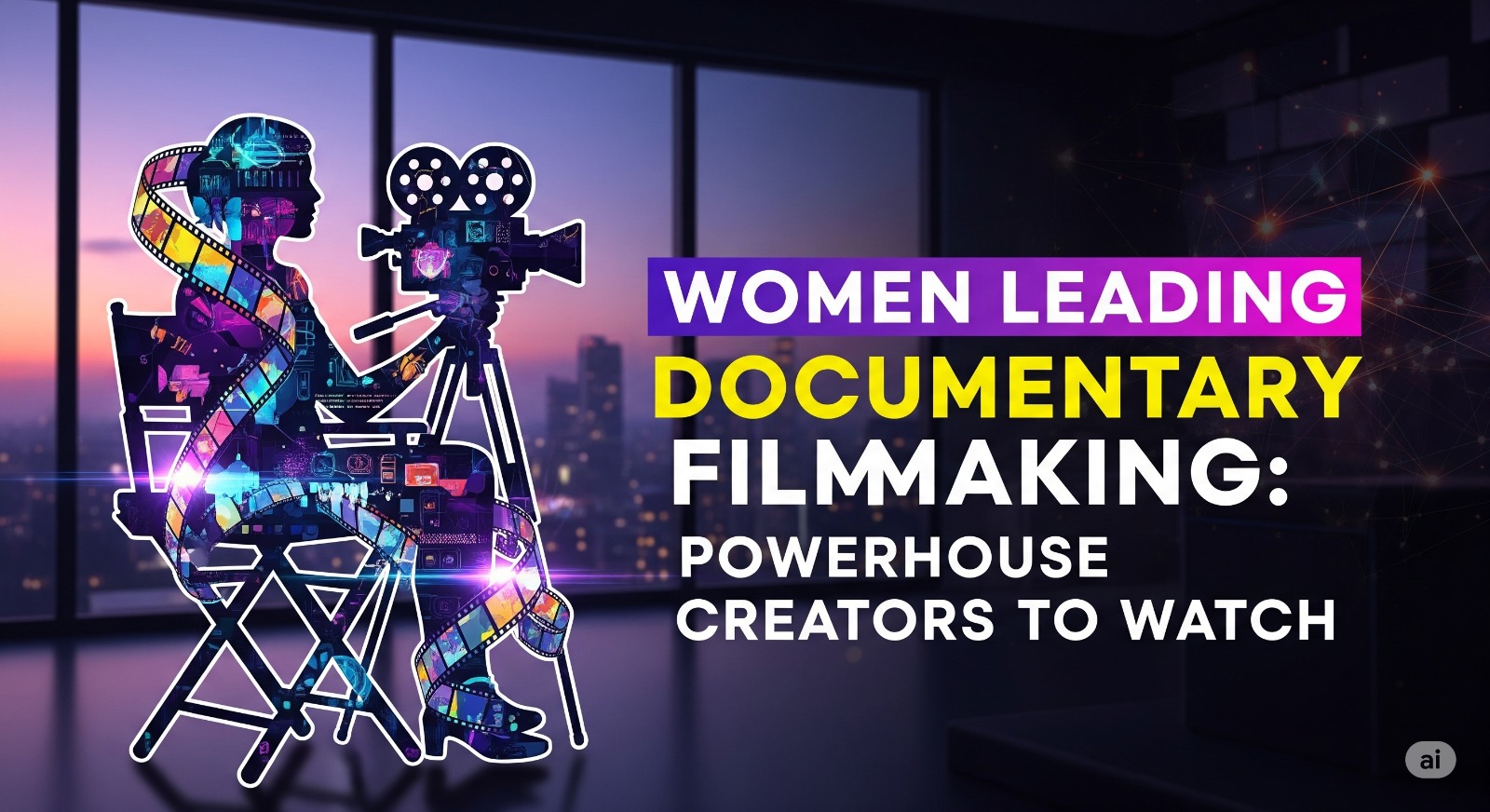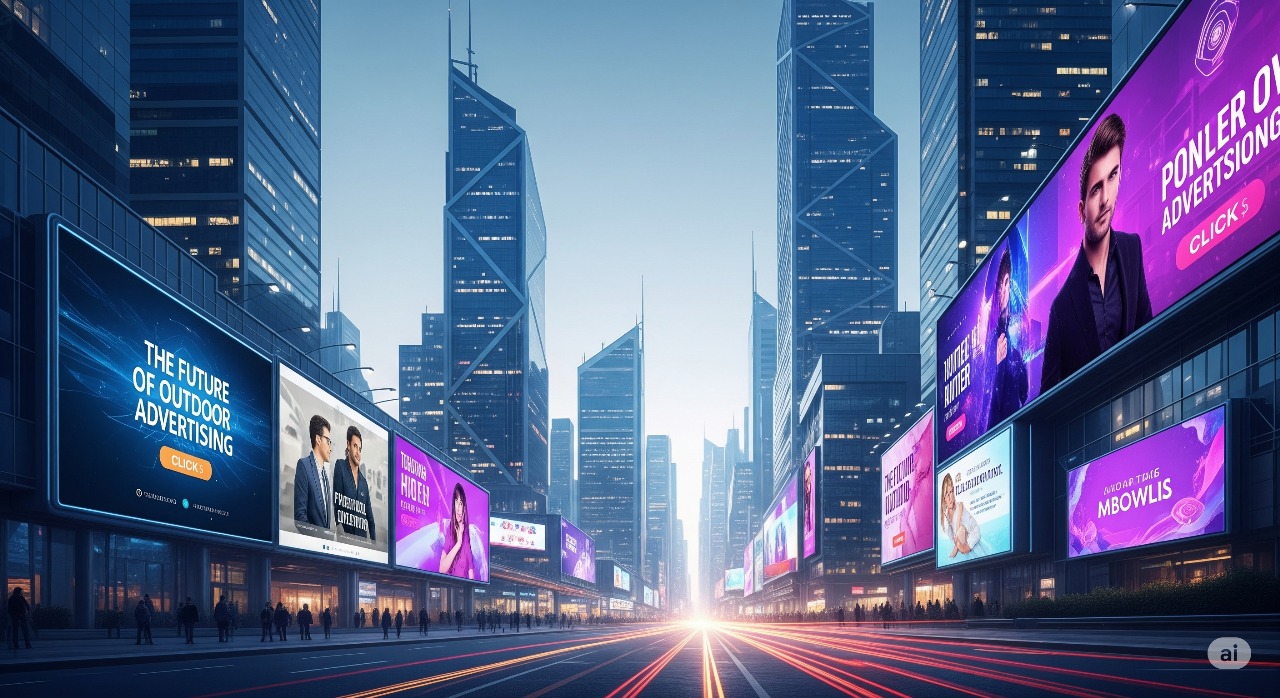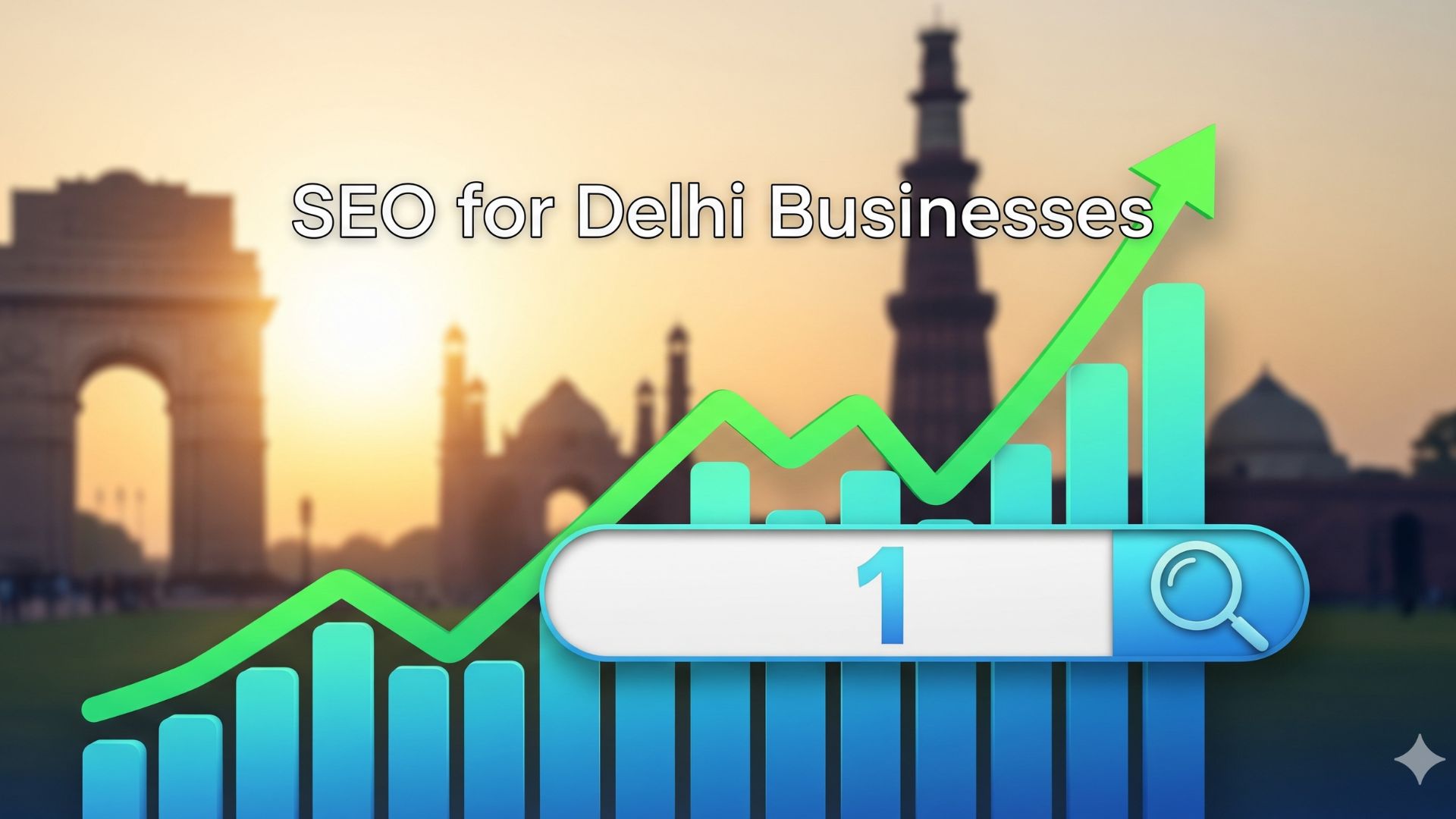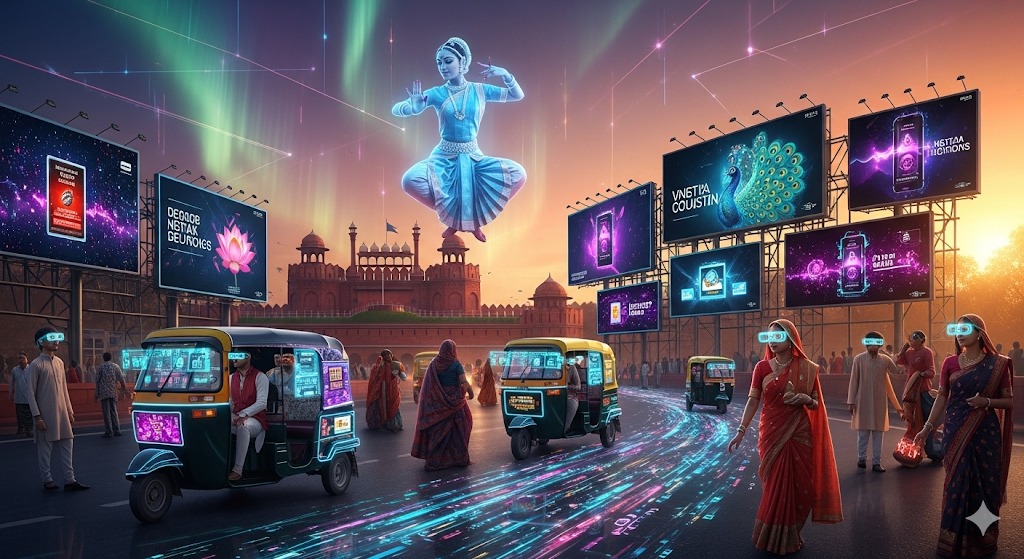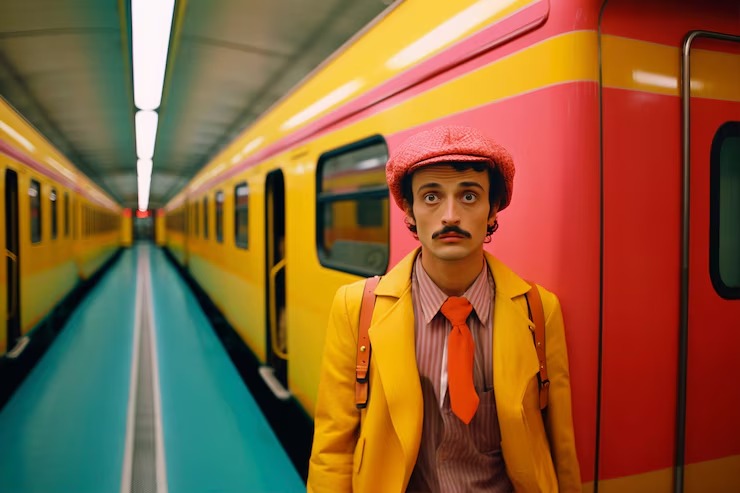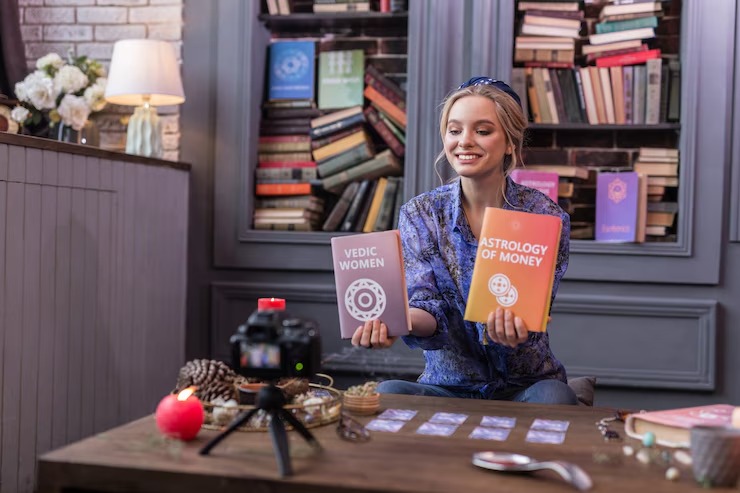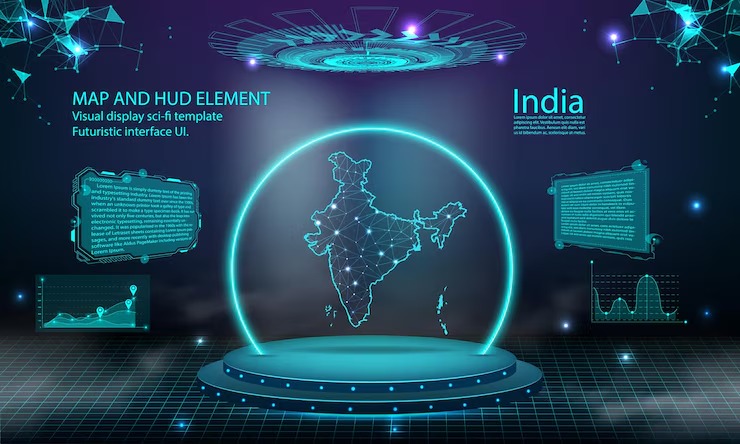Introduction
For decades, the field of Documentary Filmmaking was a landscape largely dominated by male voices. Today, however, a new wave of powerhouse creators is rising, bringing fresh perspectives, empathetic storytelling, and groundbreaking visions to the screen. Women are not just entering the documentary space; they are leading it, redefining what the genre can be and who gets to tell the stories. This article celebrates some of the most influential female Documentary Filmmaking working today, exploring the unique ways they are shaping the industry and inspiring audiences worldwide.
Table of Contents
- The Rising Influence of Women in Documentary Film
- Meet the Powerhouse Creators
- A New Perspective: Shifting the Gaze
- Behind the Lens: Breaking Barriers
- What Makes Their Work So Impactful?
- Documentaries That Redefine the Genre
- FAQs
- Conclusion & Call-to-Action
The Rising Influence of Women in Documentary Film
The increase in female voices in Documentary Filmmaking is more than a trend; it’s a critical shift toward more diverse and authentic storytelling. As the industry becomes more inclusive, the stories we see on screen are expanding, giving a voice to previously unheard communities and challenging long-held assumptions. This movement is not just about representation, but about bringing new emotional depth and thematic richness to the art form.
Key reasons this shift is so important:
- Diverse Storytelling: Women bring unique life experiences and perspectives, leading to richer, more nuanced narratives.
- Empathetic Filmmaking: Their work often prioritizes human connection and the emotional core of a story.
- Challenging the Status Quo: Female filmmakers are unafraid to tackle difficult subjects and societal issues, from a deeply personal and unflinching point of view.
- Inspiring a New Generation: The visibility of women behind the camera encourages aspiring female creators to pursue their own filmmaking dreams.
Meet the Powerhouse Creators
- Laura Poitras: A Pulitzer Prize-winning journalist and director known for her courageous, investigative work. Her films are a masterclass in patient, suspenseful storytelling, often delving into the complexities of government surveillance and national security.
- Ava DuVernay: A prolific director whose documentaries are a powerful blend of historical exploration and social commentary. Her work challenges viewers to re-examine history and confront systemic injustices with a cinematic and deeply human touch.
- Nanfu Wang: A Chinese-American filmmaker whose documentaries are characterized by their deeply personal and immersive style. She often inserts herself into her own films, creating a sense of intimacy and vulnerability that makes her stories profoundly impactful.
- Kirsten Johnson: A cinematographer turned director who brings a unique, self-reflexive style to her documentaries. Her films are an exploration of the power of the camera itself, blurring the lines between filmmaker and subject.
A New Perspective: Shifting the Gaze
Female documentary filmmakers often bring a distinctive “gaze” to their work. Instead of focusing on sensationalism or grand-scale narratives, they frequently center the emotional journey of the individual. This approach creates a powerful sense of intimacy, empathy, and authenticity, drawing viewers in and allowing them to connect with subjects on a deeply personal level.
Behind the Lens: Breaking Barriers
Dos & Don’ts
- Do: Use your platform to amplify marginalized voices and untold stories.
- Do: Prioritize the safety and comfort of your subjects, building trust and respect throughout the filmmaking process.
- Don’t: Fall into the trap of telling stories from a purely male-centric perspective.
- Don’t: Underestimate the power of personal storytelling; sometimes the most impactful narratives are the most intimate.
What Makes Their Work So Impactful?
Their work is impactful because it is often rooted in empathy and a desire to reveal a deeper truth. Female filmmakers excel at building trust with their subjects, allowing for a level of vulnerability and honesty that can be rare in filmmaking. Their focus on the emotional arc of a story, combined with a willingness to challenge conventions, results in documentaries that are not just informative but genuinely transformative.
Documentaries That Redefine the Genre
- Citizenfour (Laura Poitras): A riveting, real-time look at the story of Edward Snowden.
- 13th (Ava DuVernay): A powerful and unflinching examination of the U.S. criminal justice system.
- One Child Nation (Nanfu Wang): A deeply personal and unsettling exploration of China’s one-child policy.
- Dick Johnson Is Dead (Kirsten Johnson): A heartbreaking yet hilarious meditation on life, death, and the power of filmmaking.
FAQs
Q: Are there more female documentary filmmakers today than ever before?
A: Yes, while the industry still has progress to make, the number of women directing, producing, and leading documentary projects has grown significantly in recent years.
Q: Why is it important to have diverse voices in documentary filmmaking?
A: Diversity behind the camera leads to a wider range of stories being told, challenging single narratives and ensuring that films more accurately reflect the complexity and richness of the human experience.
Conclusion & Call-to-Action
The rise of women in documentary filmmaking is a testament to the power of a new perspective. These powerhouse creators are not just making films; they are making a difference, one story at a time. By challenging norms and prioritizing empathy, they are creating documentaries that resonate on a deeper level and proving that the most compelling stories are often told by those who have been overlooked.

